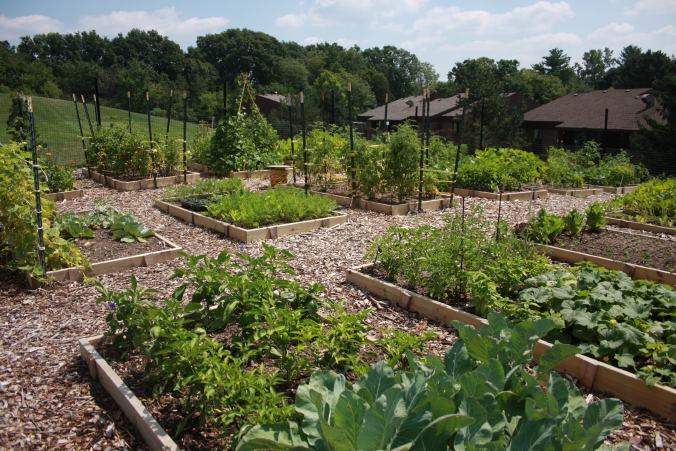“Grassroots Green” promotes non-elitist plant-based dining
In a new effort towards sustainability, a group of students and faculty are developing a plant-based eating initiative called “Grassroots Green.” Philosophy professor Matt Halteman, a leading faculty member in this project, met with Chimes to share the origins and goals of Grassroots Green.
“We want to generate excitement around the idea that eating more plants and fewer animal products can be transformative for the college in terms of our environmental footprint, in terms of our solidarity with the workers, [and] our concerns about worker justice,” Halteman shared.
Explaining worker justice, he added, “Many of the people who end up in these jobs don’t have a lot of other options and are easily taken advantage of in cases where they are injured.”
The belief that vegan and vegetarian food options are more expensive and specialized is not always true, Halteman said.
“The whole food staples of a plant-based diet are not generally expensive foods. Things like beans and lentils and brown rice and tofu or tempeh… these are things that many people in the world eat very cheaply,” Halteman explained. “We’re trying to get the word out that this isn’t some kind of elitist movement that’s expensive; it’s beneficial to the college in every respect.”
Geography and environmental studies professor Jamie Skillen, one of the chairs of Calvin’s sustainability taskforce, reported that Calvin has pledged to become carbon neutral by 2057.
“We accept the consensus science indicating that anthropogenic greenhouse gases are causing and will cause dramatic shifts in Earth’s climate and that this threatens both nonhuman species and human communities around the world,” shared Skillen. “Calvin College has a responsibility to care for God’s creation rather than contribute to its degradation.”
According to Skillen, the environmental impact of Calvin’s food purchases is considered too insignificant to be included in its carbon neutrality pledge.
However, Skillen believes “the food initiative is still an incredibly important step for Calvin College, since it will go beyond the carbon neutrality commitment in reducing its environmental impact. It also addresses vitally important issues of animal cruelty in our food production systems.”
While these long-term changes can seem vague, Grassroots Green offers a specific avenue for students to live more sustainably. This initiative aims to inspire students to make environmentally conscious decisions rather than requiring them to eat certain foods.
“People don’t want to have their diet dictated to them from on high,” Halteman explained.
As the project’s name suggests, the hope is that this gradual change can happen at the grassroots level. The planning committee of Grassroots Green also wants this project to be “radically inclusive” on the grassroots level.
“We don’t want the group to emanate from only one version of why these issues are important,” said Halteman.
The planning committee is seeking members across academic disciplines and cultures so as to think holistically about Grassroots Green’s goals and practices. Halteman explained that when it comes to eating, every field from social work to forestry contributes an important perspective.
Sophomore Andrea Krudy is a member of the brainstorming committee.
“I’m very excited to provide input for Grassroots Green because it provides a unique opportunity to improve plant-based dining on campus and make it more attractive to students,” said Krudy.
Students interested in joining the brainstorming committee should contact Matt Halteman ([email protected]) or Nate Hibma ([email protected]) for more information.







